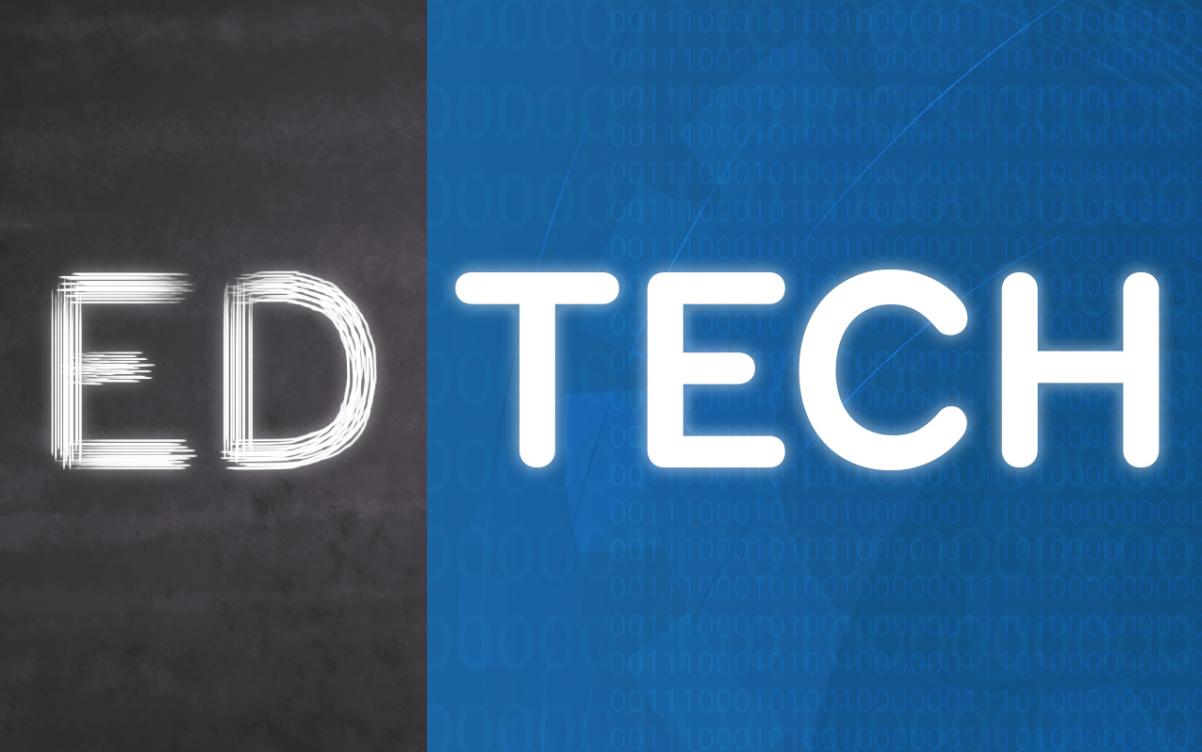Integrating AI into Accounting Curricula in the UAE: Best Practices
The rapid advancements in artificial intelligence (AI) are transforming various industries, including the accounting profession. As AI continues to reshape the accounting landscape, it is essential for accounting educators in the United Arab Emirates (UAE) to embrace this technology and integrate it into their curricula.

By incorporating AI into accounting education, universities in the UAE can prepare students for the evolving demands of the job market and equip them with the skills and knowledge necessary to thrive in the digital age. This article explores the best practices for integrating AI into accounting curricula in the UAE, ensuring that students are well-positioned for success in their future careers.
1. Curriculum Review And Alignment:
- Conduct a comprehensive review of the existing accounting curriculum to identify areas where AI can be integrated effectively.
- Align AI-related content with the learning outcomes and objectives of each course, ensuring that students acquire the necessary knowledge and skills.
- Develop new courses or modules dedicated to AI in accounting, covering topics such as data analytics, machine learning, and robotic process automation.
2. Faculty Development And Training:
- Provide faculty members with opportunities for professional development and training on AI and its applications in accounting.
- Encourage faculty to attend workshops, seminars, and conferences focused on AI and accounting to stay updated with the latest trends and developments.
- Support faculty in conducting research and publishing papers on AI in accounting, contributing to the body of knowledge in this emerging field.
3. Industry Collaboration And Partnerships:
- Establish partnerships with accounting firms, technology companies, and industry experts to gain insights into the practical applications of AI in the accounting profession.
- Invite industry professionals to deliver guest lectures, conduct workshops, and participate in panel discussions, exposing students to real-world scenarios and best practices.
- Provide students with opportunities for internships and work placements in organizations that are actively using AI in accounting, allowing them to gain hands-on experience.
4. Technology Infrastructure And Resources:
- Invest in state-of-the-art technology infrastructure, including high-performance computing resources, data storage facilities, and specialized software.
- Provide students with access to AI software and tools, enabling them to experiment with AI algorithms, build models, and analyze data.
- Establish dedicated AI labs or centers where students can work on AI projects, collaborate with peers, and receive support from faculty and technical staff.
5. Interdisciplinary Approach:
- Foster collaboration between accounting faculty and experts from other disciplines, such as computer science, data science, and business analytics.
- Develop interdisciplinary courses and programs that combine accounting principles with AI and data analytics, providing students with a well-rounded understanding of the field.
- Encourage students to pursue minors or dual degrees in related fields, expanding their knowledge and skills beyond traditional accounting.
6. Continuous Evaluation And Improvement:
- Regularly evaluate the effectiveness of AI integration in the accounting curriculum, gathering feedback from students, faculty, and industry professionals.
- Make adjustments to the curriculum based on the evaluation findings, ensuring that it remains relevant and aligned with the evolving needs of the profession.
- Stay informed about the latest advancements in AI and accounting, incorporating new knowledge and trends into the curriculum to keep students at the forefront of innovation.
By adopting these best practices, universities in the UAE can create a dynamic and innovative learning environment that prepares students for the future of accounting. Integrating AI into the curriculum will empower students with the skills and knowledge necessary to navigate the rapidly changing landscape of the profession, ensuring their success in the digital age.
YesNo

Leave a Reply